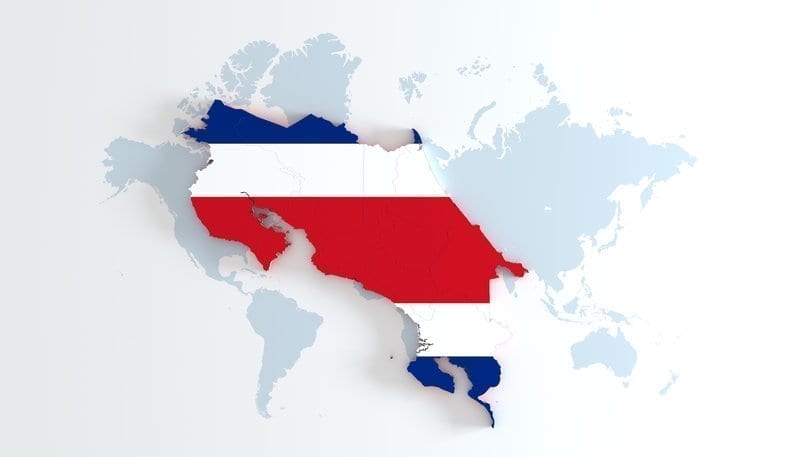Costa Rica Residency
Your FAQs Answered
Whether you have been in Costa Rica for awhile on a tourist visa, or are considering moving to the country permanently, the requirements for obtaining residency may be intimidating, especially if you are not fluent in Spanish. Here are some of the questions we are commonly asked.
- Why should I obtain residency?
If you are planning to reside in the country, residency is the best route. While you can remain in Costa Rica for up to 90 days on a tourist visa — based on your citizenship — the requirements for doing so legally are hard to meet over a long period of time. Many expats have found themselves in a tricky situation if they have not been able to cross the Costa Rican border into another country every 90 days or before the visa expires. In fact, Costa Rica has the right to not allow you back into the country if you have overstayed your 90-day tourist visa. Additionally, being a “perpetual tourist” disqualifies you from many benefits such as national healthcare.
- What kind of verification of financial stability must a foreign national have to obtain residency?
Proof of one of the three categories must be provided.
-
- Retiree (pensionado) — Apostilled proof of a lifetime pension amounting to at least $1000 USD a month.
- Real Estate Investor (inversionista) — Must demonstrate a real estate investment in Costa Rica with a value of at least $200,000 USD
- Fixed annuity (rentista) — Certification proof that the applicant receives a guaranteed annuity of $2,500 per month for at least two years.
- What is the difference between residency and citizenship?
In today’s terms, “citizen” tends to specify a person who legally belongs to a country. “Residency” generally refers to a person who is legally living or working in a particular locality. A citizen will have a passport issued by the country and can exercise the political rights and obligations of the country. As an example, a citizen could vote for their community’s mayor and president of the country.
You will become a temporary resident initially. After three years you can apply for permanent status.
- What documents are required for residency?
The general requirements are:
- fingerprints taken in CR
- an application letter
- a notarized copy of complete passport
- registration with your country’s consulate
- apostilled birth certificate
- marriage certificate if applicable
- apostilled background check from country of origin *
- Eight passport size photos
Each type of residency also will have additional specific requirements.
* Note: The apostilled background check should be issued by the proper national authority. For U.S. citizens, it shall be issued by the FBI, and for Canadian citizens, the Royal Canadian Mounted Police.
- What insurance can I obtain while my residency is being processed?
Most private insurance companies require you to be a “permanent” resident. However, you can consult with a CR licensed insurance broker, as it may be possible to obtain insurance with specific terms and conditions. Once your residency is approved, to finalize the process and get your residency ID card, it is mandatory to enroll in the Caja: Costarricense de Seguro Social or CCSS (Costa Rican Social Security Administration).
- How long does it take for the residency process to be completed?
Typically, approval takes from nine months up to a year. However, depending on the time of the year or specific situation (massive refugee influx or other atypical circumstance) it can take longer.
Keep in mind that you will become a temporary resident initially. After three years you can apply for permanent status; then you will not be required to keep providing the requirement of financial verification.
- Once I am in the process of getting my residency, do I have to leave the country when my tourist visa expires?
While you are in the process, you don’t have to leave the country every time your tourist visa expires. However, it is important for you to know that if you are planning on driving a vehicle, using your home country’s driver’s license, you can only legally use it while your tourist visa is current. If your tourist visa is expired, you are not allowed to drive.
Becoming a resident in Costa Rica comes with peace of mind and a host of government benefits. If you’ve decided to make the land of pura vida your permanent home, we are at your service to support and guide you through all of the legal requirements necessary.
Contact us at info@gmattorneyscr.com



